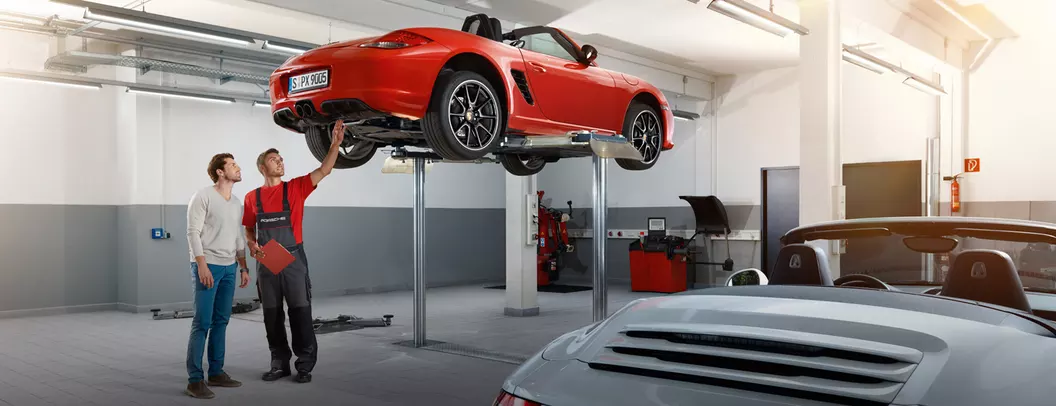Diagnosing and Fixing Common Porsche Problems: A Comprehensive Guide
Porsche, renowned for its precision engineering and high-performance vehicles, requires specialized care to ensure that it continues to operate at peak efficiency. Like any luxury vehicle, a Porsche’s performance and longevity depend heavily on regular maintenance and timely repairs. Whether it’s a 911, Cayenne, Macan, or Panamera, owning a Porsche demands a commitment to care that extends beyond routine oil changes. Repair and maintenance are crucial for preserving the vehicle’s handling, power, and aesthetics while avoiding costly breakdowns.

One of the key aspects of porsche repair is understanding the brand’s specific requirements. Porsche vehicles are equipped with complex engineering and advanced technology that requires expert knowledge. For example, the Porsche 911 features a rear-engine design, which affects its handling and requires specific maintenance procedures. Similarly, the transmission, suspension, and braking systems of Porsche cars are finely tuned to provide superior performance, and any repair work must be done with the utmost attention to detail.
A critical component of Porsche repair is the engine. The high-performance engines that power Porsche vehicles are designed to be both powerful and efficient, but like any high-performance machinery, they are subject to wear and tear. Regular oil changes are necessary to keep the engine running smoothly and prevent the buildup of debris and contaminants that can cause damage. Additionally, Porsche owners should pay attention to coolant levels, as overheating can cause severe damage to the engine. The timing belt, spark plugs, and air filters also require periodic replacement to ensure the engine is performing optimally.
Brakes are another area of concern for Porsche owners. High-performance braking systems are designed to deliver rapid stopping power, but over time, the brake pads and rotors can wear out. Replacing these components before they wear down completely is crucial to maintaining the vehicle’s safety and performance. Porsche vehicles often use carbon-ceramic brakes, which require specialized care to preserve their effectiveness. Ensuring the brake fluid is at the correct level and free from contamination is also essential for proper brake function.
Suspension and steering systems are vital for the handling and comfort of any Porsche, especially in models like the Porsche 911, which is built for performance. Over time, components such as shock absorbers and struts may begin to degrade, which can affect the vehicle’s handling and ride quality. Timely repairs of suspension parts, such as bushings and control arms, are crucial to maintaining the Porsche’s trademark responsiveness and driving experience.
Additionally, many Porsche owners opt to have their vehicles inspected for cosmetic repairs. The bodywork of a Porsche is designed to be both sleek and aerodynamic, but it can still be damaged by factors such as road debris or parking lot scrapes. Restoring the car’s paintwork, fixing dents, and ensuring the finish remains pristine is part of keeping a Porsche in top condition.
Ultimately, Porsche repair goes beyond fixing problems—it’s about maintaining the car’s integrity and ensuring that every drive is as exhilarating as the first. Whether it’s a minor repair or a more substantial issue, addressing these concerns promptly and with expertise ensures that a Porsche owner enjoys years of unrivaled performance, safety, and luxury. Regular Porsche repair is an investment in the vehicle’s future, protecting its value and enhancing its driving experience for years to come.
